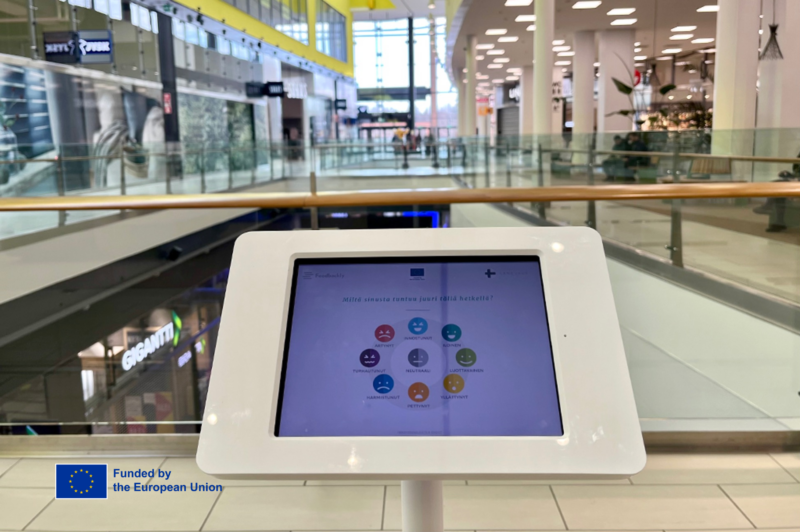Every company wants to be showered with praise. Feedback is an essential part of modern business. Having a majority of good reviews will make your organization appear reliable to the general public. Feedback can potentially impact your brand, either positively or negatively – depending on how you handle it.
Responding Properly
In many companies, there is a culture that has developed where negative customer feedback is kept at arm’s length or even ignored entirely. This is not an effective way to thrive in business. To improve, the complaints and concerns of the public must be listened to. This is the only way in which companies can identify and prevent weak points in the customer journey.
Getting defensive when reacting to negative feedback is perfectly natural. However, it is not a sign of professionalism. It may seem hard, but employees should do their best to emotionally distance themselves from complaints and not take them personally. At the same time, they should listen carefully to let the customer know they are grateful for the feedback. If your employees are engaged with your company they will put their heart and soul to it and understandably it is going to be hard. But you can always think of customer feedback as an opportunity to improve that the customer offers you!
It may also be tempting to try to prove the customer wrong. Even if you feel their opinion is misinformed, it is not helpful in the long run to be vocal about it. A vital part of the client-business relationship and customer journey is communication. Customers want to know their feedback is being taken seriously and not “fobbed off”. Responding with empathy will show them you are willing to put yourself in their shoes. Conversely, thinking only in company terms could make you appear cold and uncaring.
Responding to a Survey
Surveys and measuring customer experience can be a handy tool for getting a more detailed look at how customers really feel about the business. A written response allows customers to be more precise and honest in their feedback at every touchpoint in the business. This will give companies a greater understanding of the areas of the customer journey, which could be then improved.
When analyzing the results, it is useful to make a list of both positive and negative feedback. That way, you will know the best and worst aspects of your business. Once all of the survey information has been compiled, you can ask yourself why are people responding negatively to particular points of the customer journey? How can this be rectified in the future? Another good thing about a survey is that it provides a physical record of customer feedback in their own words. They should be stored so that the information can be referred back to when making new business decisions.
We get that managing customer feedback especially in high volumes is tough. If you would like to get some help with your feedback management, just get in touch!



